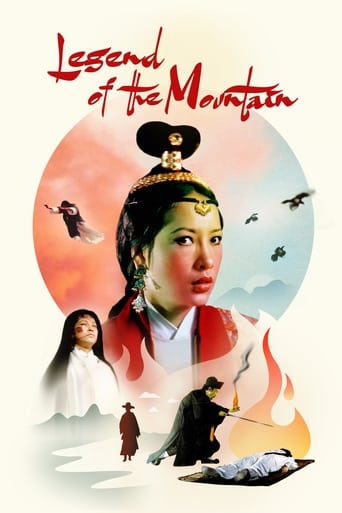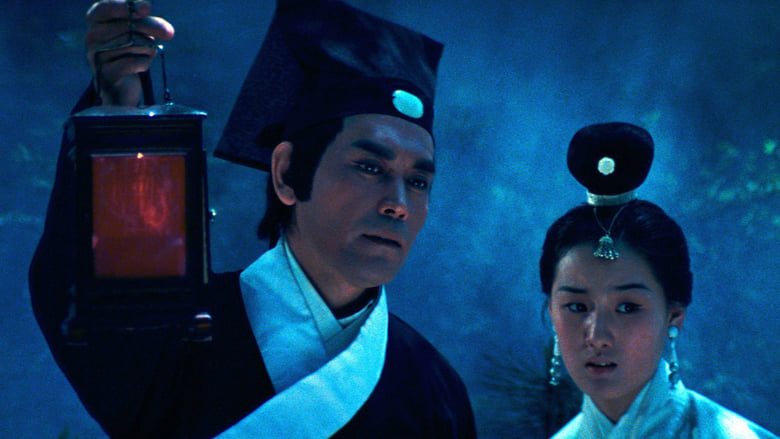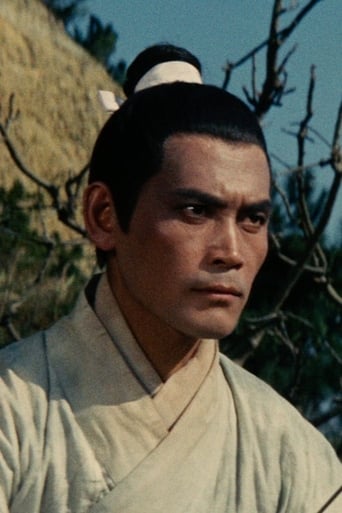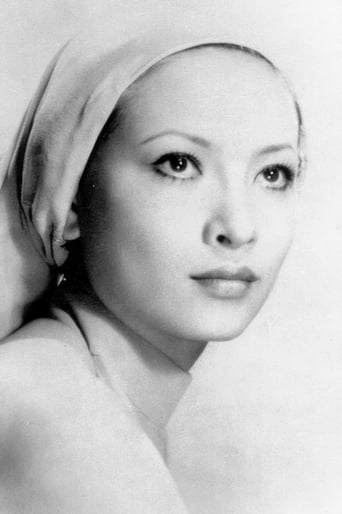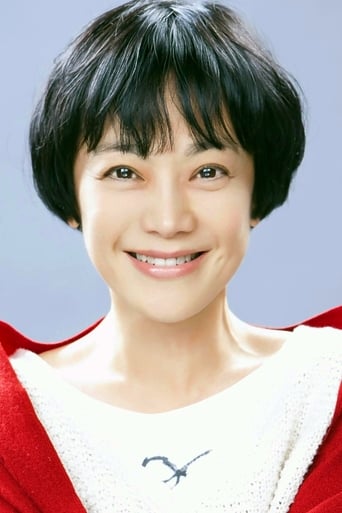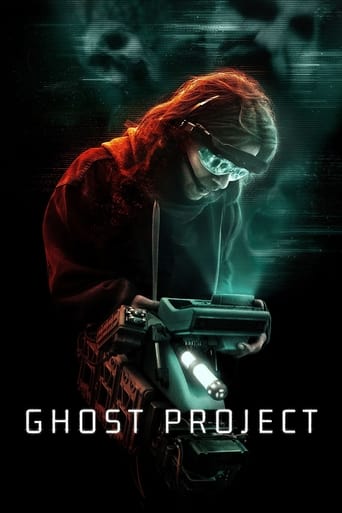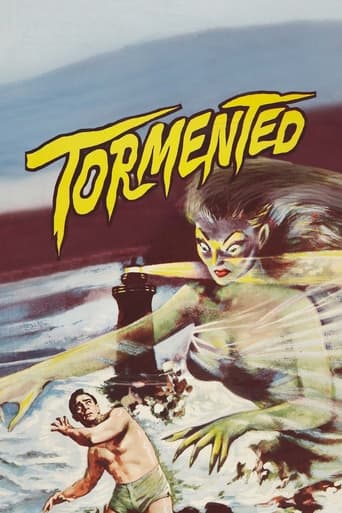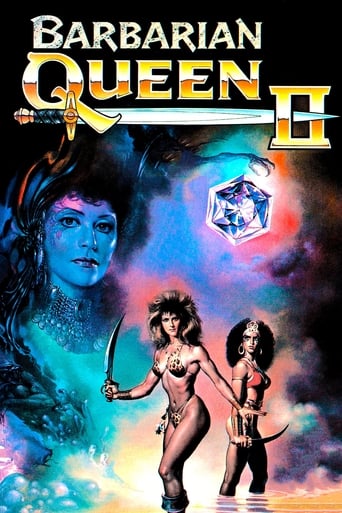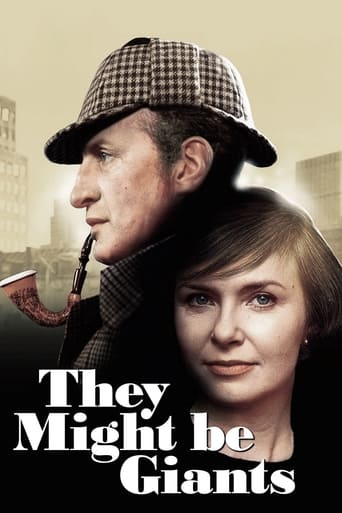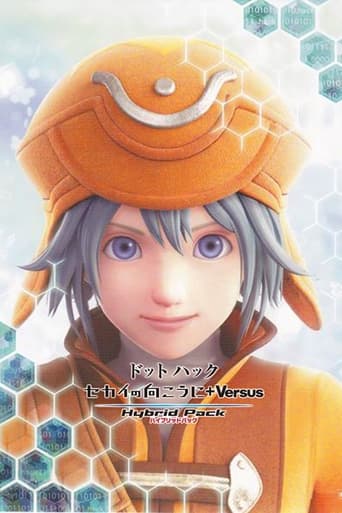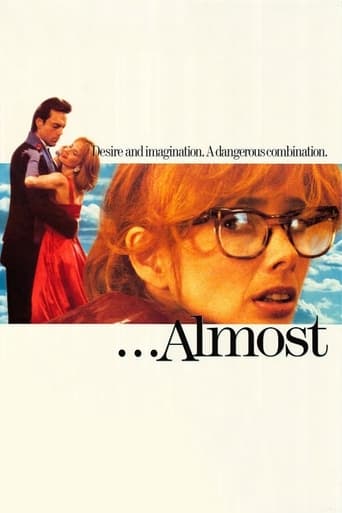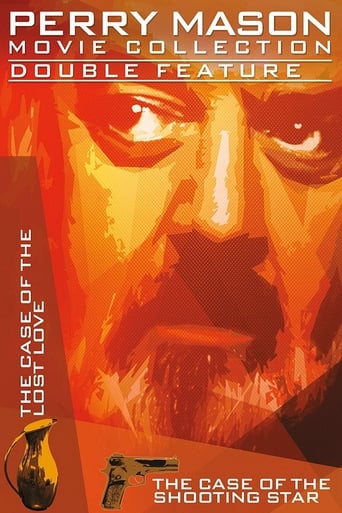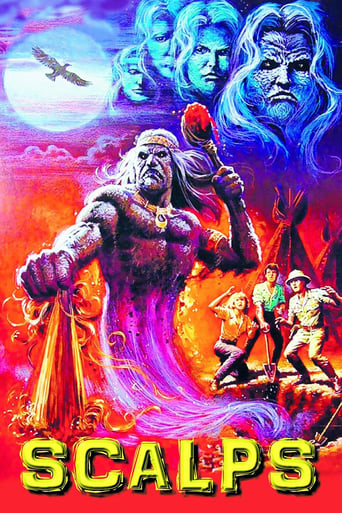Legend of the Mountain (1979)
A scholar, tasked to copy a sutra, meets with a mysterious old lady and her daughter in the mountains.
Watch Trailer
Cast


Similar titles
Reviews
I love this movie so much
Too much of everything
That was an excellent one.
By the time the dramatic fireworks start popping off, each one feels earned.
King Hu's luxuriantly restored grandeur of a Chinese ghost story takes place in the Song Dynasty (roughly 11th century), running over three hours, LEGEND OF THE MOUNTAIN bracingly takes its audience to get a glimpse of many sylvan heritage-certified sites in South Korea, whereas its story-line depicts the unheimlich occurrences pivots around a hapless man of letters Ho (Shih Chun), who is a non-believer of necromancy, but accepts a job to transcribe an all-powerful Buddist sutra, which presumably will bring nirvana to legions of dead soldiers who are the casualty of the ongoing warfare between Song and Western Xia Empire.A guileless Ho is set to the border to meet a Mr. Tsui (Tung Lin), a consigliere of a deceased general (Sun Yeuh), who can arrange him for a placid place to do his meritorious deed, but soon he is ensnared into a honey trap set by Ms. Chang (Rainbow Hsu) and her daughter Melody (Hsu Feng), and King explicitly notifies us that Mr. Tsui is also complicit. In the wake of his purportedly improper behavior towards a comely Melody one night under the influence of alcohol (which is actually triggered by Melody's hypnotic tambour beats), an oblivious Ho marries Melody with alacrity, and the latter dutifully assists him in his transcribing workload, but the fitful presence of a lama (Wu Ming-Tsai) perturbs their specious serenity. King makes ascertain that something is iffy about every single individual around Ho with manifest gesticulations that appreciably piques audience's curiosity, although one might safely conjecture that the ulterior motive is all about the sutra well in advance, and soon Ho is paired with Cloud (Sylvia Chang), a beneficent ingénue when Melody's malevolent temperament starts to take the center and repulse everybody else, but still mired in the friend-or-foe pressure-cooker until the lama shows the backstory of Melody and Cloud, among others. Ho is urged to finish his transcription by Tsui and Cloud before Melody and co. can lay their hands on it, but after everything is said and done (all the undead meets their perdition), King tentatively hints a pipe dream scenario, does the whole cock-and-bull story really happen to Ho? Clearly, King is immensely enamored of the locality's breathtaking geomorphology, and goes to great lengths in capturing its fauna and flora with illuminated pillow shots whenever Chinese traditional music pipes up, whether diegetic or not (the score is credited by musician Wu Ta-Chiang), be it from Melody's aggressive drum or Cloud's euphonious flute, although it is severely at the expense of narrative momentum, and renders the whole work a tad padded-out and incoherent.On a more inspiring note, King intentionally holds back his characteristic and expeditious kung-fu shtick which has made his mark in DRAGON IN (1967) or A TOUCH OF ZEN (1971), and hammers out a series of slightly haphazard but clamorous confrontations, mostly between Melody and the lama during their elongated percussive smack-off, tarted up by vivid-colored smoke, efficient special effects (wire-fu included) and sharp editing skills. A mudra-exerting Shih Chun might appear somewhat harmless reckoning that he is kit up with Confucian etiquette sans blistering martial art, but enough to make for a compassionate, reluctant hero; there is Hsu Feng, projecting her fierce glares with unadulterated virulence, proves herself to be a superlative villain when she is requested, and emphatically humbles Sylvia Chang's angelic presence into nonentity. An abiding impression pertains to the anonymous actress Rainbow Hsu, who plays Melody's mother, the officious but sprightly Ms. Chang, is that she is cross-dressed and played by a male actor, so it comes as a real surprise that it is apparently not the case (according to the source on various internet websites though). An eerie oriental gem cunningly cashes in on traditional mythology, occult and legendary, undermined only by occasional longueurs as the result of its maker's undue passion sparked by the purlieu, nevertheless, King Hu's scintillating idiom of synesthetic felicity is an awestruck coup de maître, that no one can ever gainsay.
A scholar, tasked with the job of copying a sutra, meets an adviser, an old lady and his daughter in a residence in the mountains. After marrying the daughter, he meets with another, equally ravishing young lady, who discloses to him that his wife is an evil ghost. King Hu's "Legend of the Mountain" takes its cue the numerous ghost stories in Pu Songling's "Strange Stories from a Chinese Studio". Shot back to back with "Raining in the Mountain", released the same year, this tale effectively "recycles" many of the actors used in the previous film, such as Xu Feng (the evil ghost), the Taoist priest, the lama, the raving servant and the well-meaning adviser.The whole film is shot in Korea, full of beautiful pictorial shots. But the story itself is rather spooky - it is after all a supernatural ghost story alongside Buddhist myths. King Hu's interest in Buddhist supernatural mysticism was such that he made two more movies on these themes - his last film uses a similar plot. Tsui Hark would produced a similar "ghost story" movie in his "A Chinese ghost story", released in 1987.The Code 3 DVD I watched was from Hong Kong, and the running time was just a little over 110 minutes. However, it is not the complete version. Googling the net, there appears to be a Japanese TV version which is 191 minutes long, while the Hong Kong Film Academy lists a cut which is 184 minutes.So, as this DVD is drastically cut, I cannot make a justified assessment of the movie. But the 110-minute cut still makes a strong impression, and anyone interested in King Hu's films would be urged to catch this movie in full.
King Hu while revered for a number of unique films in the 1960's was outside the HK studio system by the 1970's and only produced three films in that decade. In 1979 his made two "Mountain" films concurrently. This one being a ghost story in the tradition of Japanese ghosts films like Ugetsu or Black Cat from the Grove.A traveling scholar, Mr. Ho, is assigned the task of translating a special sutra for a ceremony honoring deceased soldiers. Needing a place to concentrate while he works, he is sent to a fort to be hosted by a Mr. Tsui, the secretary to the general of the fort. Arriving at the fort Ho find the place abandoned except for Tsui who informs him that the general and most of the soldiers died in battle. Tsui, his crazy servant Chang, a bizarre old lady named Mrs. Wang, her beautiful daughter and a maid are apparently the only residents in the vicinity of the fort. Ho is invited to a dinner given by Mrs. Wang. He becomes strangely drunk while the daughter plays a drum and loses consciousness. Waking up he finds that two days have passed and he has married the daughter. And so the mystery begins.A unique film in some ways, it frequently has a problem holding the atmosphere consistently. There are several interludes of beautiful scenery that interrupt the effective spookiness. Sometimes King Hu, who was also the editor, shows a remarkable mastery of the medium and other times is almost amateurish in his editing choices. His aesthetic is anchored in the 1960's as ghostly doings are accompanied by clichéd sound effects. Overall the film is very effective as long as you can forgive the primitive special effects and the occasional sappy music.The print available is not in great shape but it's a good film.
Ching Sui Tung, long time admirer of King Hu (he helped arrange Hu's direction of the first Swordsman film), was to take the bare bones of this film and make his legendary "Chinese Ghost Story" films. It's about a monk on retreat to an isolated temple in order to write a sutra, who thereby comes under the observation of two female ghosts who may or not actually fall in love him - Hu maintains a careful ambiguity on this and other issues, clearly conveying to the audience the very confusion of the scholar himself, who never quite gets a handle on what he's accidentally walked into here.But in the last analysis, this is neither ghost story nor romance, but a determined effort on Hu's part to make a visually beautiful set-piece of open, well-lit Chinese landscape, and high-contrast, sharply defined interiors. In short, it is an attempt to make a beautiful work of art.Because Hu's principle interest is just this visual beauty, the pacing of the film gets a little slow at times, and Hu shows no interest in "cutting to the chase" story-telling. Consequently, I think he has succeeded in this artistic perfectionism, but at a price, which is that the film is not going to appeal to a wide audience. But given some patience, it offers real rewards to the senses.

